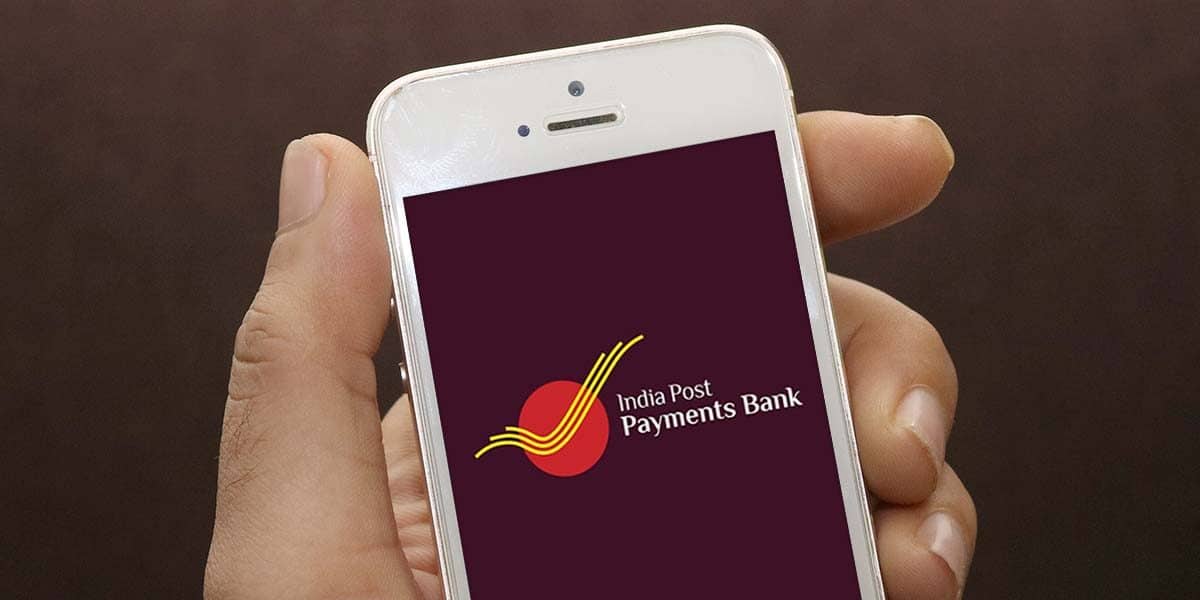In a country as vast and diverse as India, providing reliable and inclusive banking services to every citizen — especially those in remote and rural areas — is a major challenge. That’s where India Post Payments Bank (IPPB) comes in. Launched by the Government of India, IPPB leverages the wide-reaching network of India Post to offer banking services right at people’s doorsteps.
With its motto “Aapka Bank, Aapke Dwaar,” IPPB has become a game-changer in India’s financial inclusion drive. Here’s a comprehensive look at what IPPB is, how it works, its services, and its impact on the Indian economy.
📦 What is India Post Payments Bank (IPPB)?
Launched on 1st September 2018 by Prime Minister Narendra Modi, India Post Payments Bank (IPPB) is a public sector payments bank under the Department of Posts, Ministry of Communications. It is governed by the Reserve Bank of India and operates as a payments bank, meaning it can accept deposits but cannot provide loans or issue credit cards.
With the vast network of over 1.55 lakh post offices and 3 lakh+ postal employees (postmen and Gramin Dak Sevaks), IPPB provides banking services even in the remotest villages of India.
🎯 Objective and Vision
The primary goal of IPPB is financial inclusion. It aims to make banking accessible, affordable, and convenient for every Indian, especially those who have traditionally been excluded from the formal financial system.
Vision:
“To build the most accessible, affordable and trusted bank for the common man in India.”
Mission:
- Enable last-mile banking services
- Promote digital literacy
- Offer simple and secure banking solutions
🏦 Key Features of IPPB
Here’s what makes IPPB stand out:
1. Doorstep Banking
Through postmen and Gramin Dak Sevaks, customers can avail banking services at their homes. This is a huge benefit for elderly citizens, differently-abled people, or residents of remote areas.
2. Zero Balance Savings Account
IPPB offers a basic savings account with no minimum balance requirement and no hidden charges.
3. Digital Banking
IPPB provides mobile banking apps, SMS banking, missed call banking, and QR code-based payments.
4. Instant Account Opening
A paperless, Aadhaar-based instant account opening system through the IPPB mobile app or handheld devices used by postmen.
5. Interoperable Banking
IPPB works with other banks via UPI, AEPS (Aadhaar Enabled Payment System) and IMPS for fast, secure money transfers.
🧾 Products and Services
1. Savings Account
- No minimum balance
- Interest rate up to 2.0% p.a.
- SMS & Missed Call Banking
- Mobile banking access
2. Current Account
Specially designed for small businesses and self-employed individuals, enabling them to manage collections and payments efficiently.
3. Money Transfer
- IMPS/NEFT/AEPS-enabled transfers
- Domestic remittances through Aadhaar and mobile number
- Easy fund transfers to other bank accounts
4. Utility Bill Payments
Customers can pay:
- Electricity bills
- Water bills
- Mobile/DTH recharges
- Gas cylinder bookings
5. Third-Party Insurance & Pension Products
IPPB partners with insurance companies to provide life, accidental, and health insurance. It also helps customers register for PM-SYM (Pradhan Mantri Shram Yogi Maan-dhan Yojana) and Atal Pension Yojana (APY).
6. QR Card
IPPB offers a QR (Quick Response) Card which allows users to perform transactions without PINs or passwords. It’s safe, secure, and ideal for non-tech-savvy users.
📱 Digital Services Offered by IPPB
- Mobile Banking App (Available on Android and iOS)
- Missed Call Banking
- SMS Banking
- QR Code-based Payments
- Micro-ATM at Post Offices
🌐 Reach and Network
As of 2025, IPPB has:
- Over 1.5 lakh access points
- More than 4 crore customers
- Active in every district of India
- 3 lakh+ postal employees providing door-to-door banking
IPPB’s strategy is to “bank the unbanked” and “secure the insecure,” especially targeting areas where traditional banks don’t have branches.
📈 Impact on Financial Inclusion
IPPB has played a crucial role in:
- Reaching underserved populations in tribal belts, northeast India, and border villages
- Enabling direct benefit transfers (DBT) for government schemes like PM-KISAN, pensions, scholarships, etc.
- Reducing dependency on cash and encouraging digital payments
💡 How IPPB Differs from Traditional Banks
| Feature | IPPB | Traditional Bank |
|---|---|---|
| Loans | ❌ Not available | ✅ Yes |
| Minimum Balance | ❌ Zero balance | ✅ Required in most cases |
| Doorstep Banking | ✅ Yes (through postmen) | ❌ Rare |
| Customer Base | Rural and semi-urban | Urban and rural |
| Focus Area | Payments and inclusion | Full-scale banking services |
🔐 Is IPPB Safe?
Yes. IPPB is a government-owned bank regulated by the Reserve Bank of India. Deposits up to ₹2 lakh are 100% safe and insured under DICGC (Deposit Insurance and Credit Guarantee Corporation).
Moreover, with biometric-based verification, QR codes, and Aadhaar linkage, IPPB ensures secure transactions even for non-tech-savvy users.
🧭 Future Plans and Expansion
IPPB plans to:
- Extend its services to more villages via digital infrastructure
- Become a hub for social welfare schemes and subsidies
- Integrate with India’s vision of Digital India
- Enable cross-border remittances and micro-credit in collaboration with other institutions
As digital penetration grows, IPPB is expected to play a central role in shaping India’s rural digital economy.
📝 How to Open an IPPB Account?
Opening an IPPB account is quick and easy:
- Visit your nearest post office or contact a postman/Gramin Dak Sevak.
- Carry your Aadhaar card and mobile number.
- Fill the form (or do e-KYC through the mobile device).
- Receive your account number and QR card.
You can also download the IPPB Mobile App and register from home.
🗣️ Final Thoughts
India Post Payments Bank is not just another banking initiative — it’s a revolution in rural finance. It is breaking down age-old barriers of geography, literacy, and digital divide. For millions, especially in rural and semi-urban India, IPPB is more than a bank — it’s a lifeline.
With its doorstep delivery model, government backing, and inclusive philosophy, IPPB is poised to reshape India’s banking landscape in the years to come.










